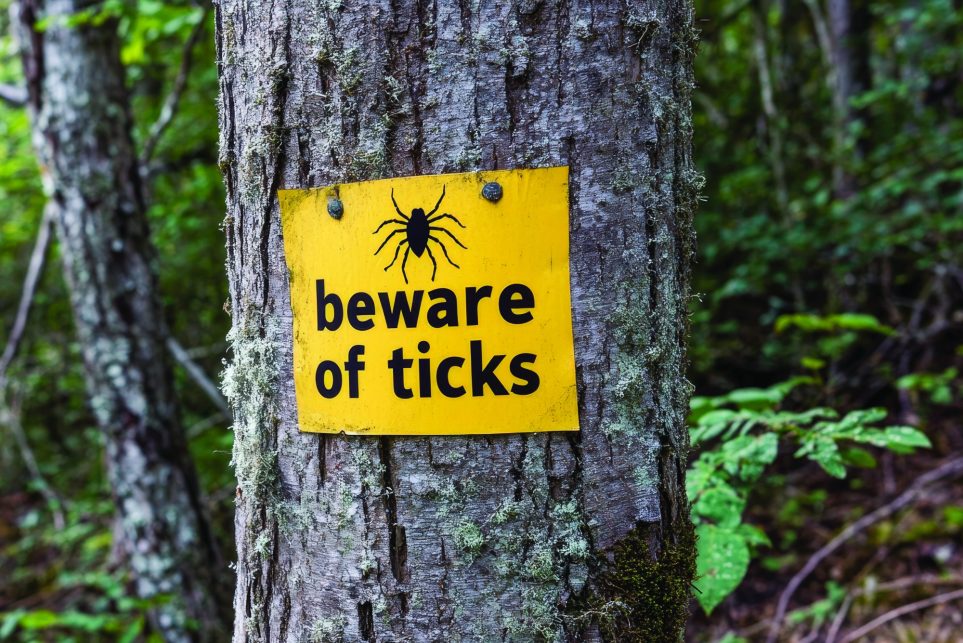Summer is coming and we have already been experiencing warm days in our coastal and outlying areas. The UIHS Infection Prevention Team has put together the following reminders to help you and your loved ones stay healthy, active, and safe all summer long. Please share these tips with family, friends, and community members—wellness is strongest when we care for one another.
Summer is coming and we have already been experiencing warm days in our coastal and outlying areas. The UIHS Infection Prevention Team has put together the following reminders to help you and your loved ones stay healthy, active, and safe all summer long. Please share these tips with family, friends, and community members—wellness is strongest when we care for one another.
Get Plenty to Drink – when it’s hot your body sweats to cool you off. When this happens salt and other important minerals leave your body via your sweat. You will want to stay hydrated by drinking extra amounts of water, juice and sports drinks that have extra electrolytes. You want to avoid caffeinated drinks and alcohol as that can cause dehydration.
Stay Cool Indoors – If you are in higher temperatures especially in the 3 digits, you will want to stay out of the sun and in an air-conditioned area. If you don’t have air conditioning, you can go to a shopping mall or public building to cool off.
Schedule Outdoor Activities Carefully – The hottest time of the day is usually between 12pm-4pm. If you must be outdoors during the day, try and go in the morning or after the sun goes down so that you can still be outside but not during the hottest part of the day. Never leave kids or pets in a parked car.
Wear Light Clothing and Sunscreen – Wear light-colored and loose-fitting clothing during the warmer months. A wide-brimmed hat can keep the sun off your face and can keep you cool as well. Make sure to use sunscreen that is higher than at least 15 SPF or higher and follow the package directions. Reapply as necessary.
Mosquitoes and Mosquito-Borne Diseases
Warmer months mean more time outdoors for many of us—but also more mosquitoes. Mosquitoes are small, flying insects that are common throughout California. Mosquitoes bite and feed on the blood of animals and humans. After feeding on blood, a female mosquito will lay eggs on or near water. The young stages of mosquitoes grow in standing water. Not all mosquitoes are a threat to humans but several kinds bite humans, and some can spread diseases when they bite. West Nile Virus is a common disease that is spread by some mosquitoes in California. The best way to prevent diseases that are spread by mosquitoes is to protect yourself from mosquito bites:
- use mosquito repellent on clothes and exposed skin when going outdoors (especially at dawn and dusk)
- wear long sleeves and pants for extra protection
- eliminate standing water around your yard
Tick-Borne Diseases
Ticks are small, spider-like creatures more often found outside in wooded or brushy areas with tall grass, rocks, logs, and fallen leaves. Ticks bite and feed by attaching to animals and humans, sticking their mouth parts into the skin, and sucking blood for up to several days. There are many kinds of ticks in California, but only six kinds are known to bite humans. Sometimes these ticks carry germs that can spread to a person while the tick is attached and cause disease. The best way to avoid getting tick-borne diseases is to prevent tick bites:
- Use tick repellent when going outside in areas where ticks are common
- Check yourself, children and pets for ticks often while outside and after your return indoors
- If you find a tick attached to your skin, remove it right away with tweezers
Ocean/Lake/River Safety
Check for closures on the state or local government website. We all know that our local Eel River gets the Cyanobacteria and multiple different algae late in the summer season. We all must be aware of when it is safe and not safe to be in the Eel River. The Cyanobacteria can appear as dark green, blue-green, black, orange or brown scum. It thrives in warm and nutrient-rich environments such as stagnant water. This can be very toxic to humans and animals.
Watch for:
- Scummy or discolored water (green, blue-green, black, orange, or brown)
- Cloudy or foul-smelling water
- Pipes or drainage flowing into the water
- Wash your hands with soap and water for at least 20 seconds after swimming in these areas. If soap and water are not available, you an use an alcohol-based hand sanitizer that contains at least 60% alcohol.
Respiratory Viruses are still active in the Summer
You should take precautions against Respiratory Viruses (such as flu, RSV, and COVID-19) and continue to use masks if you are having symptoms or are around someone who is experiencing symptoms. You should also stay home if you are sick so as not to spread it to others that work closely with you. COVID-19 has a new variant that is circulating here in California. The symptoms include:
- Fever
- Cough
- Sore Throat
- Runny or Congested nose (not related to allergies)
- Difficulty Breathing
- Feeling weak or fatigued
- Loss of sense of smell or taste
- Unexplained muscle aches
If you are experiencing any of these symptoms you can take an at-home test. Each UIHS clinic has free test kits that are available to our clients and their families.

